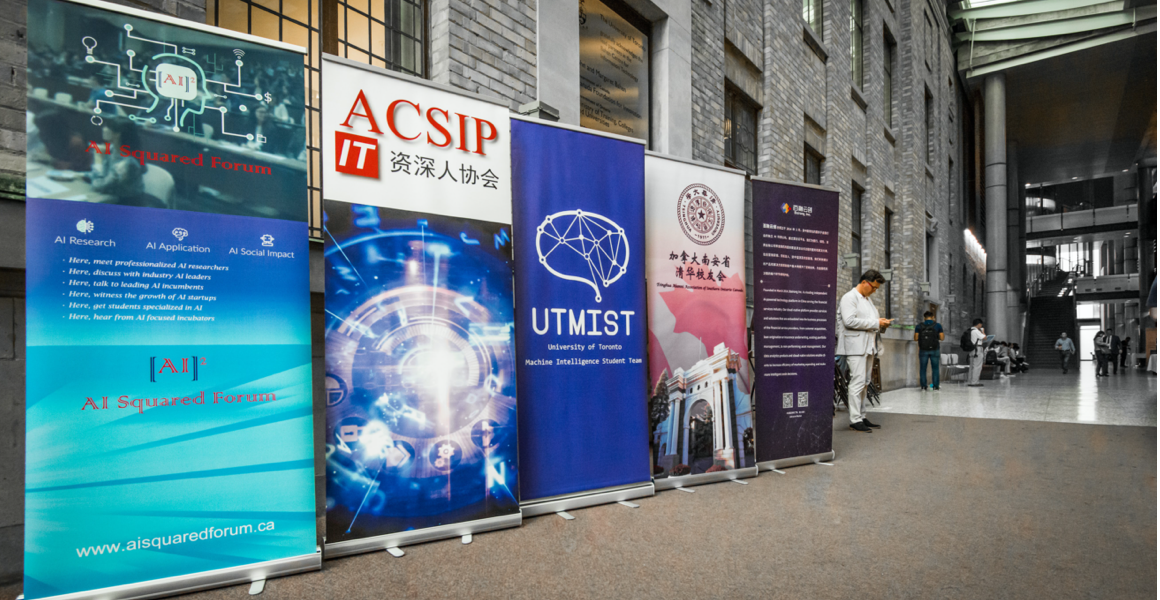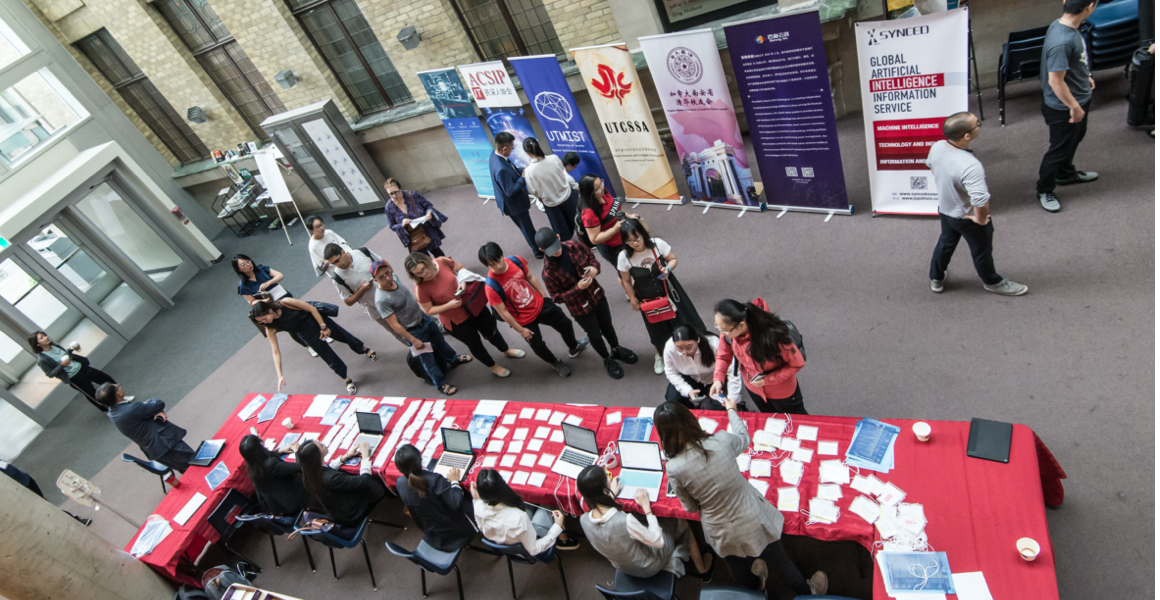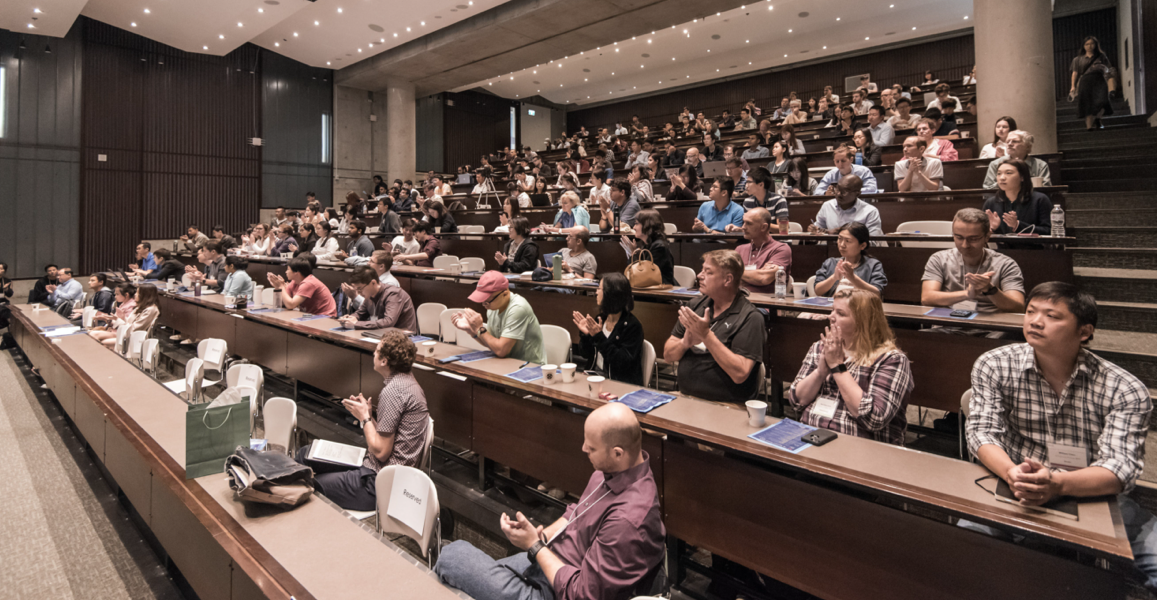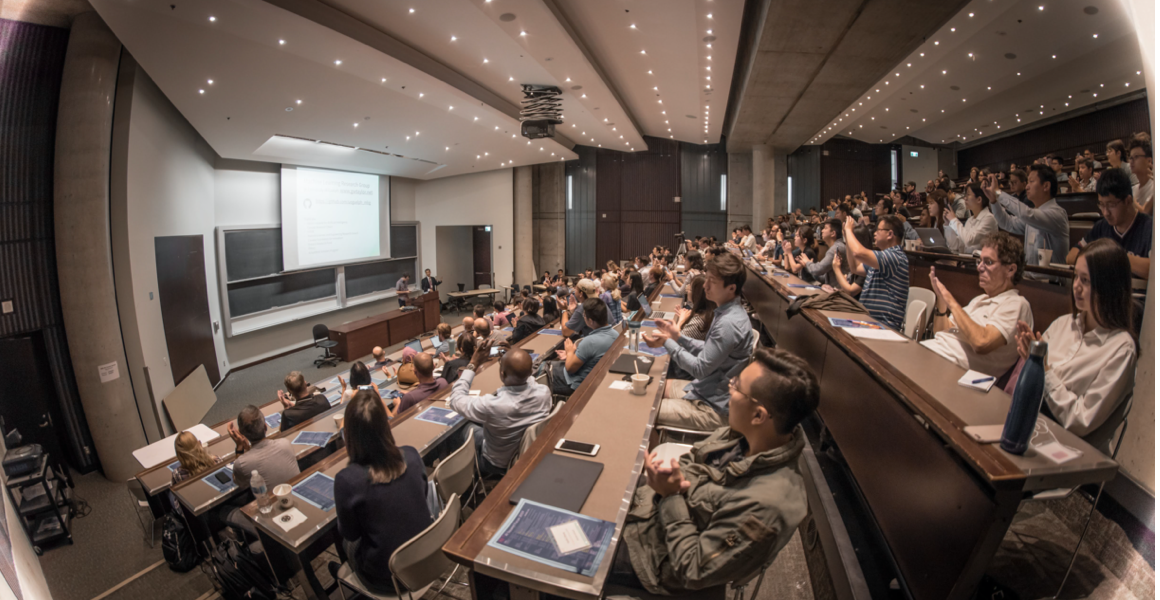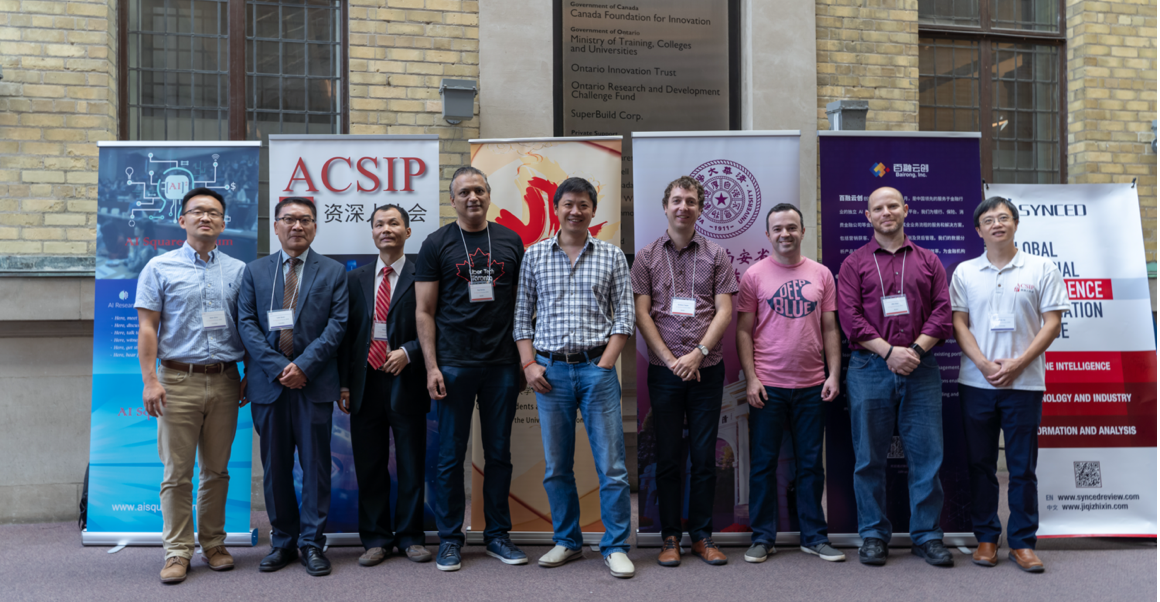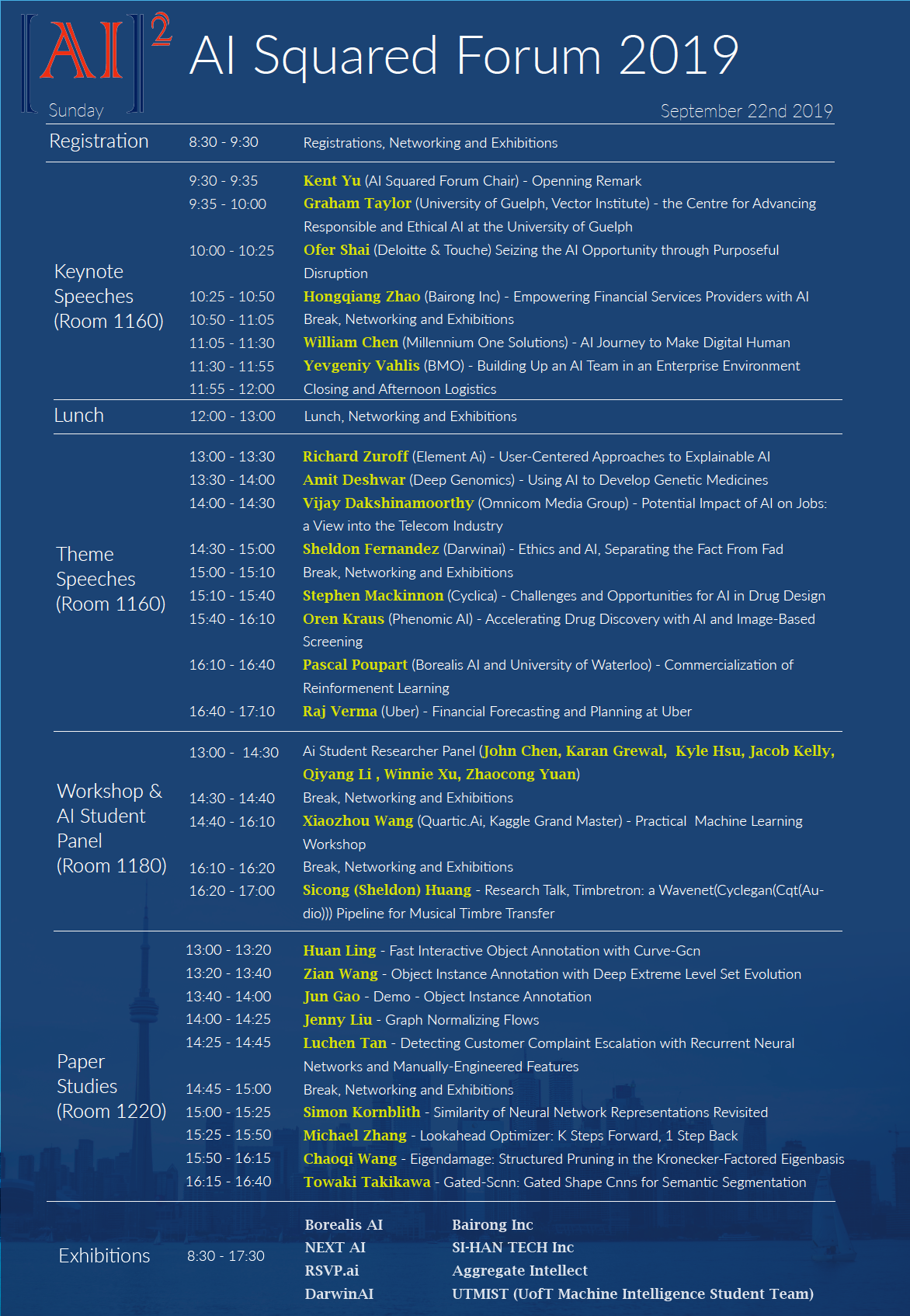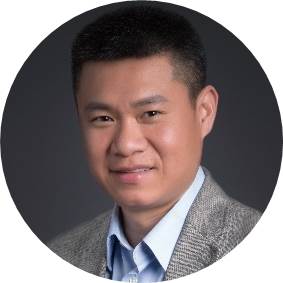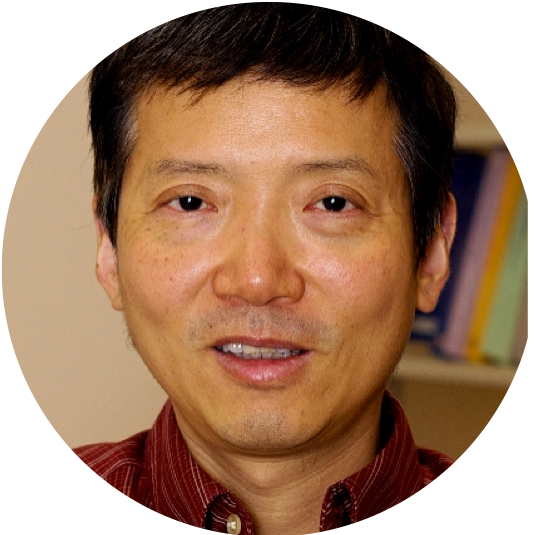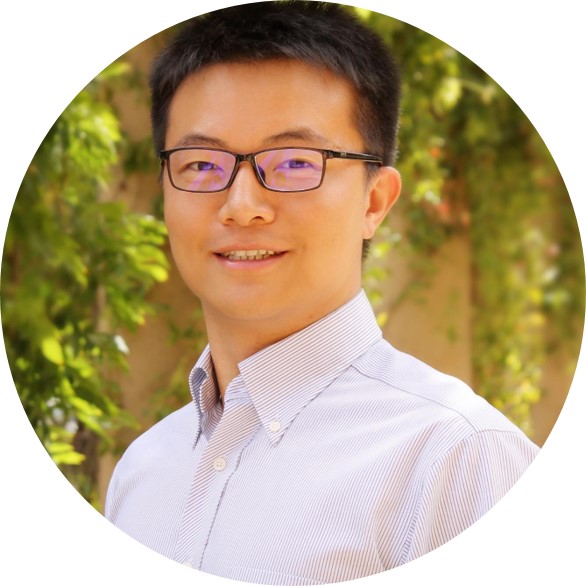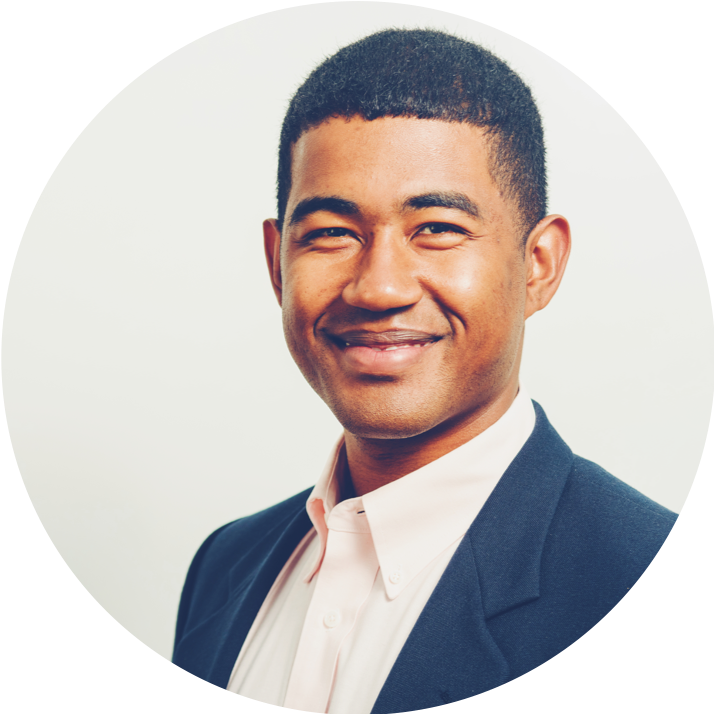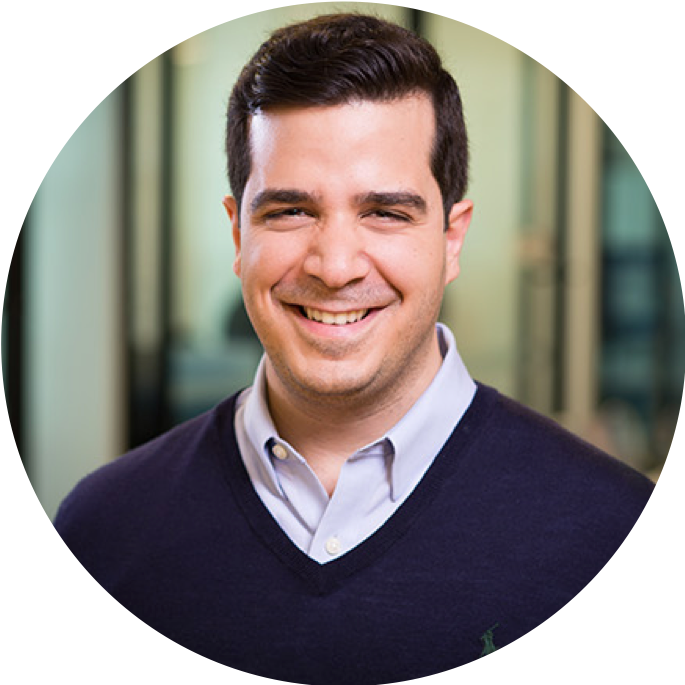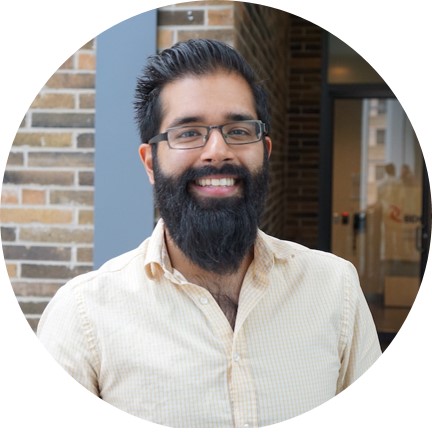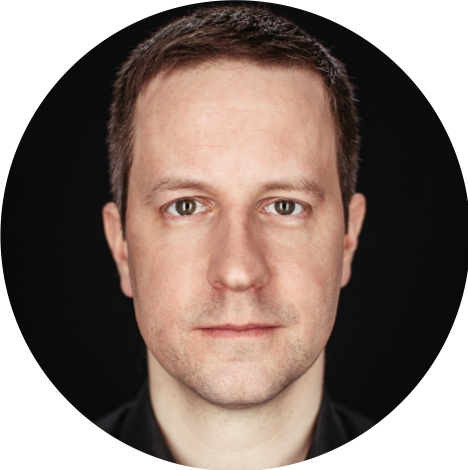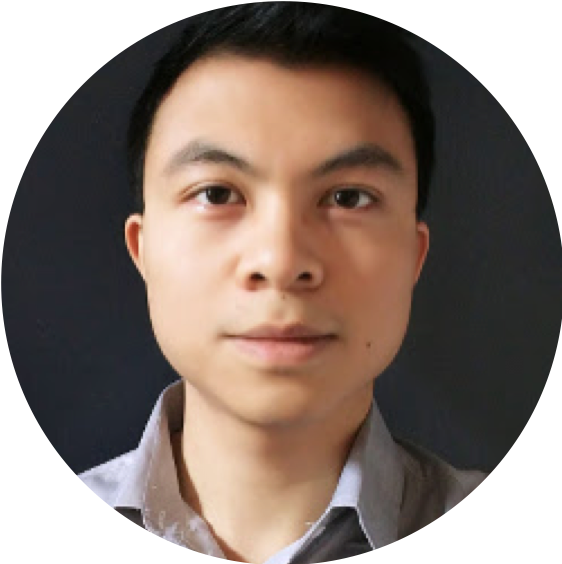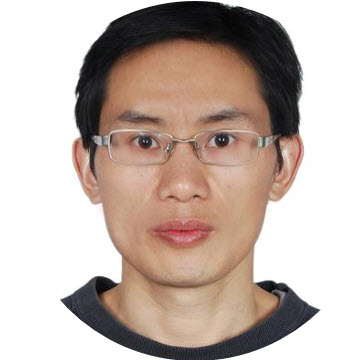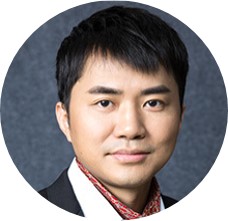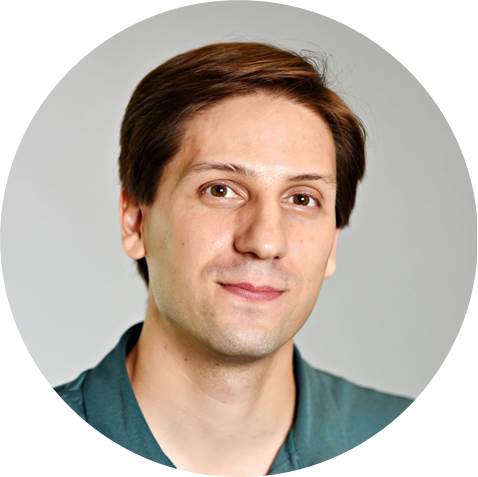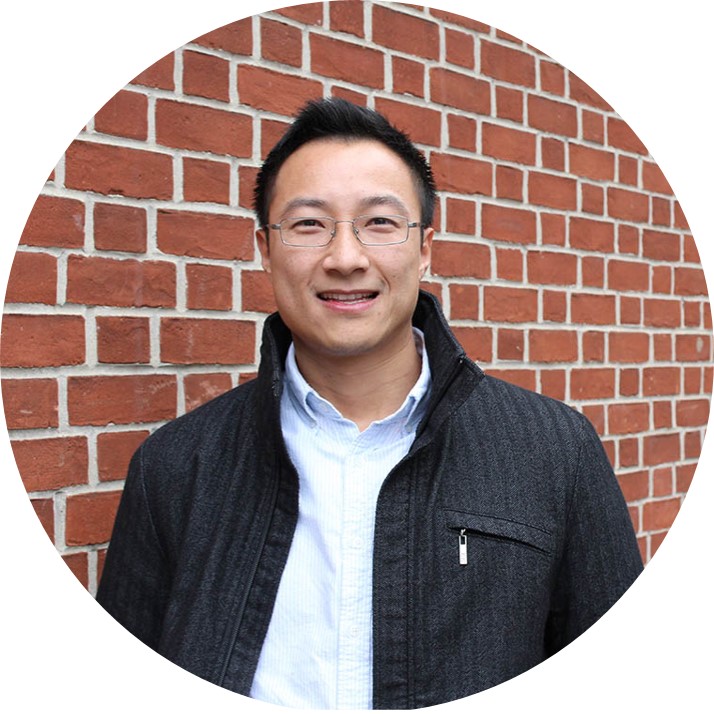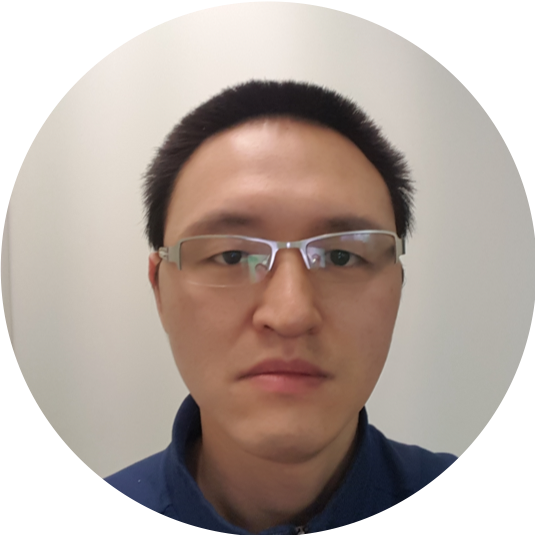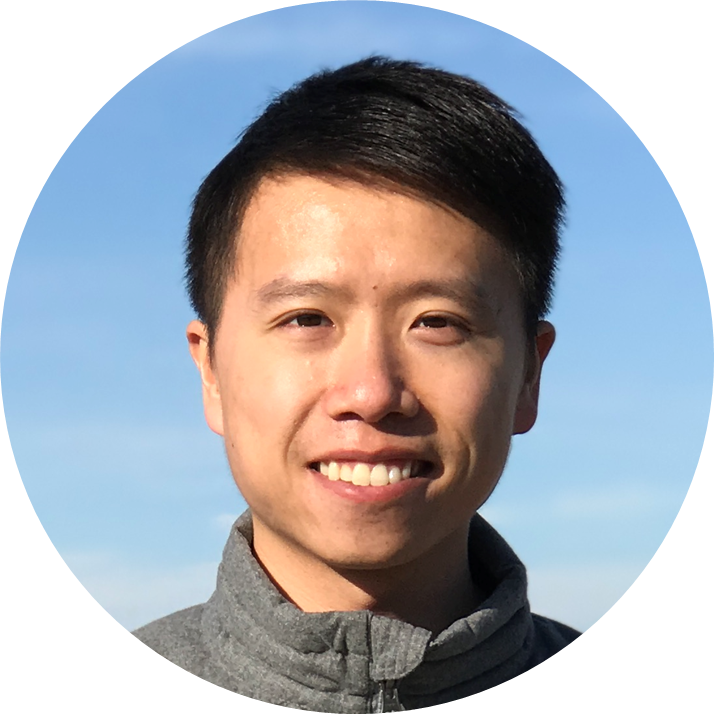AI Squared is a forum for facilitating dialogues across boundaries in the AI industry, such as academia and industry boundary, startup / incumbents boundary, and geographical boundary.
In 2019, with the theme “AI In Action”, the forum encouraged collaborations between incumbents and startups in following areas:
- Theme 1 – How startups and incumbents faced/solved different AI challenges
- Theme 2 – The latest AI research trends that might be commercialized
- Theme 3 – How AI talents and enterprises can work seamlessly together
In 2018, under the theme of “AI opportunities for research collaboration and partnerships”, we engaged innovators, entrepreneurs and academia to across Canada and China to discuss a wide ranges of AI topics, and received great responses from all participants (Click here for details )
2019 Speakers and Exhibition Participants from Universities and Companies:

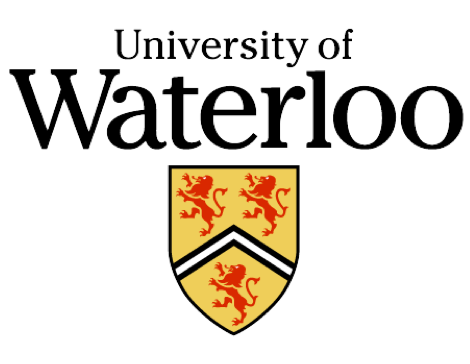





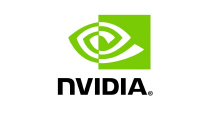

![]()



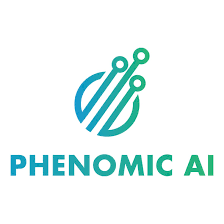




![]()
2019 Invited Speakers

Graham Taylor

Pascal Poupart

Richard Zuroff
Title goes here

Raj Verma
Raj Verma is a Senior Staff Engineer at Uber and head of Uber’s FinTech team in Toronto where he leads the development of financial forecasting and risk management solutions using machine learning and data science models. Before joining Uber Raj was the founder and president of risk analytics firm RiskGrid Technologies which provides quantitative risk management solutions to asset management firms and wealth managers. Prior to RiskGrid Raj was a founding member and director of financial engineering at Algorithmics Inc which was acquired by IBM in 2011. Raj holds an MSc in computer science from the University of Toronto where he did research in machine learning and pattern recognition co-supervised by Geoffrey Hinton.
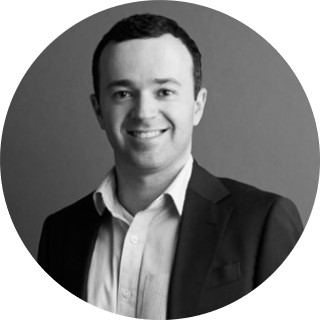
Yevgeniy Vahlis
Yevgeniy Vahlis is the Head of the Artificial Intelligence Technology group at BMO Financial Group. Prior to joining BMO, Yevgeniy built machine learning research groups at Borealis AI and Georgian Partners and worked closely with startups to introduce applied research into their products. Yevgeniy kicked off his career at AT&T Labs in New York as a research scientist after completing his PhD in Computer Science at the University of Toronto and a year of postdoctoral studies at Columbia University.
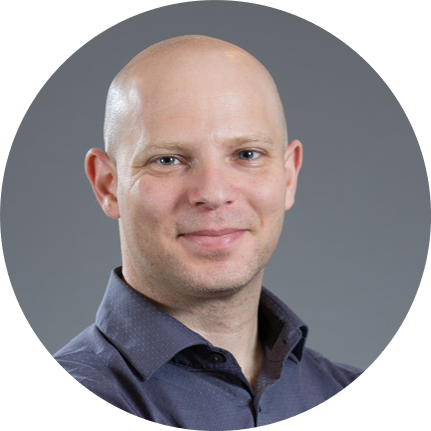
Ofer Shai
Ofer is Chief AI Officer in Omnia AI, Deloitte’s AI practice, where he is leading Deloitte’s AI and ML initiatives through Data Science and the AI Factory. Ofer uses the latest in deep learning, machine learning and AI to build products and solutions for Deloitte’s clients, and help our clients define and implement their AI strategy. Ofer has over 15 years of experience in natural language processing, predictive and advanced analytics, recommendation systems, information retrieval, and computational biology. Ofer holds a Ph.D. from the University of Toronto Machine Learning Group, and has held leadership positions at Upsight, Meta, and Chan-Zuckerberg Initiative.

Oren Kraus
Oren Kraus co-founded Phenomic AI after completing his Ph.D. in Dr. Brendan Frey’s lab at the University of Toronto. His research focused on applying deep learning to microscopy image-based screens used in drug discovery and cell biology research. Together with collaborators at the Donnelly Centre for Cellular and Biomolecular Research (CCBR), Oren was one of the first to publish the application of deep learning to microscopy data. Oren founded Phenomic AI with the goal of accelerating the interpretation of phenotypes in bio-medical images with machine learning for applications in pharmaceutical research and cellular diagnostics.
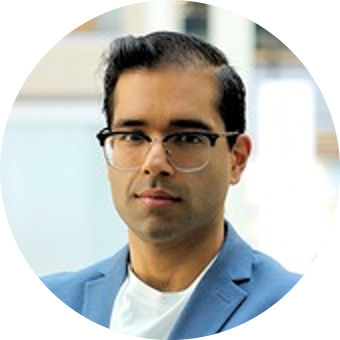
Amit Deshwar
Amit Deshwar is the Director of Predictive Systems at Deep Genomics, an AI driven therapeutics company. His doctoral work was at the University of Toronto under Quaid Morris using Bayesian Non-parametrics to study intra-tumour heterogeneity and evolution. He is a Vanier Scholar and former Junior Fellow at Massey College. Previously he worked at Google, started two companies and obtained undergraduate degrees in Software Engineering and Psychology from the University of Calgary.

Stephen MacKinnon
Cyclica is a Toronto-based, globally recognized biotechnology company that leverages artificial intelligence and computational biophysics to reshape the drug discovery process. Stephen designed and led the development of Cyclica’s first market technology, LigandExpress®, which provides a panoramic prediction of a drug’s unintended effects on biological systems at the molecular level. He now oversees the research and development at Cyclica for all new computational technologies, from ideation to market. Stephen also a contributor to the Alliance for Artificial Intelligence in Healthcare (AAIH), a global advocacy group dedicated to improving the discovery, development and delivery of new predictive technologies to improve patient lives through standards and government policy. He completed a B.Sc. in Computational Sciences at the University of Waterloo and PhD studying Computational Biochemistry at the University of Toronto. Stephen is an expert at transforming noisy biological data into meaningful scientific information that can drive predictive engines.
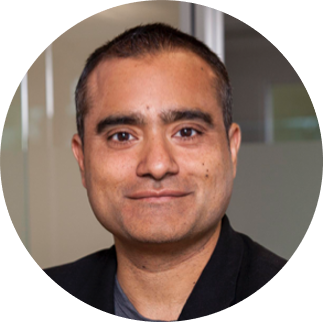
Sheldon Fernandez
Sheldon Fernandez is CEO of DarwinAI. A seasoned executive and respected thought leader in the technical and enterprise communities, Sheldon has coupled his entrepreneurial endeavors with nontechnical pursuits throughout his career, resulting in an interdisciplinary approach that is critical to the intelligent application of AI. Sheldon is also an accomplished author and speaker at spaces including Singularity University, the prestigious think tank in the Bay Area, and he has written technical books and articles on many topics including both artificial intelligence and computational creativity. He holds a master’s degree in theology from the University of Toronto, with thesis work in neuroscience and mathematics, and also pursued creative writing at Oxford University.
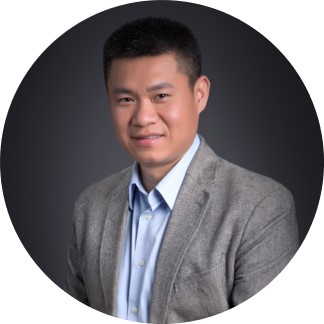
Hongqiang Zhao
 William Zhao
William Zhao
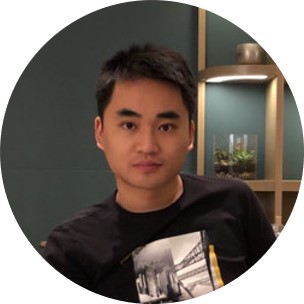
Xiaozhou Wang

Vijay Dakshinamoorthy
AI Workshop And Panel Track
AI Student Panel
Are you curious about what it is like to be an undergraduate or graduate machine learning researcher? We have invited five ML student researchers who have worked at Mila, Vector Institute, Nvidia, and Princess Margaret Cancer Research. They will discuss their insights after going into these institutes and organizations and share some of their strategies for personal development. The panelists will answer both moderator-curated questions and questions from the audience. Come meet with them and ask them any questions you have been searching for answers from experienced peers!

Research Talk
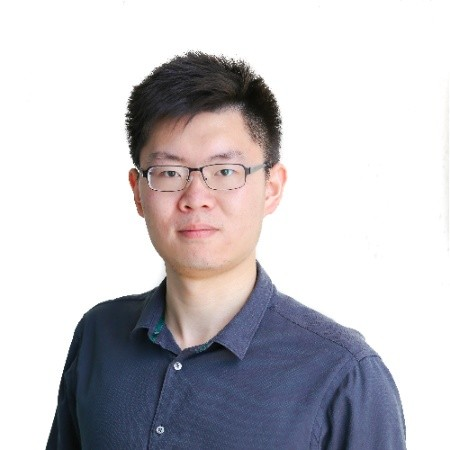
Our paper study track features the following papers

Lookahead Optimizer: k steps forward, 1 step back, Michael Zhang, University of Toronto, , previously graduate student from UC Berkeley, paper published with University of Toronto and Vector Institute, supervised by Jimmy Ba

Graph Normalizing Flows, Jenny Liu, University of Toronto, paper published with University of Toronto and Vector institute, supervised by Jimmy Ba
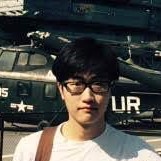
Fast Interactive Object Annotation with Curve-GCN, Huan Ling, University of Toronto, paper published with University of Toronto, Vector Institute, Nvidia, supervised by Sanja Fidler

Object Instance Annotation with Deep Extreme Level Set Evolution, University of Toronto, Zian Wang, paper published with University of Toronto, Vector Institute, Nvidia, supervised by Sanja Fidler

Fast Interactive Object Annotation with Curve-GCN, Jun Gao, University of Toronto, paper published with University of Toronto, Vector Institute, Nvidia, supervised by Sanja Fidler

Similarity of neural network representations revisited, Simon Kornblith, Google Brain, previously graduate student from MIT, paper published with Google Brain, supervised by Geoffrey Hinton

EigenDamage: Structured Pruning in the Kronecker-Factored Eigenbasis, Vector Institute,Chaoqi Wang, University of Toronto, paper published with University of Toronto, Nvidia, supervised by Roger Grosse and Sanja Fidler

Gated-SCNN: Gated Shape CNNs for Semantic Segmentation, Towaki Takikawa, University of Waterloo, paper published with University of Toronto, Google Research, Nvidia, supervised by Sanja Fidler

Learning Sparse Networks Using Targeted Dropout, Ivan Zhang, Paper published with Oxford University, worked with Geoffrey Hinton on a project.

Detecting Customer Complaint Escalation with Recurrent Neural Networks and Manually-Engineered Features, Luchen Tan, Paper published with University of Waterloo, RSVP.ai, JD.com, Simon Fraser Univeersity, Tsinghua University
2018 Video Highlights
Universities and companies from past events (2018):
 .
. 
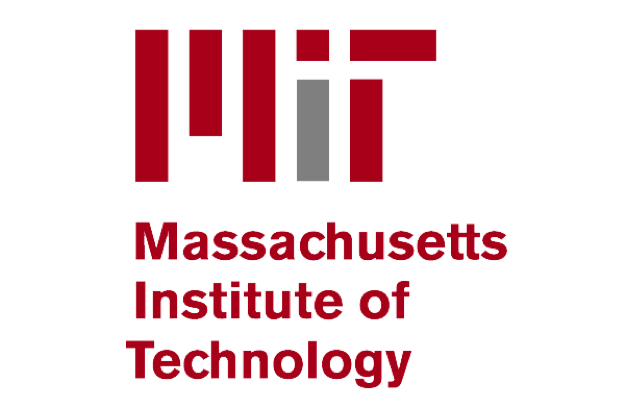
![]()


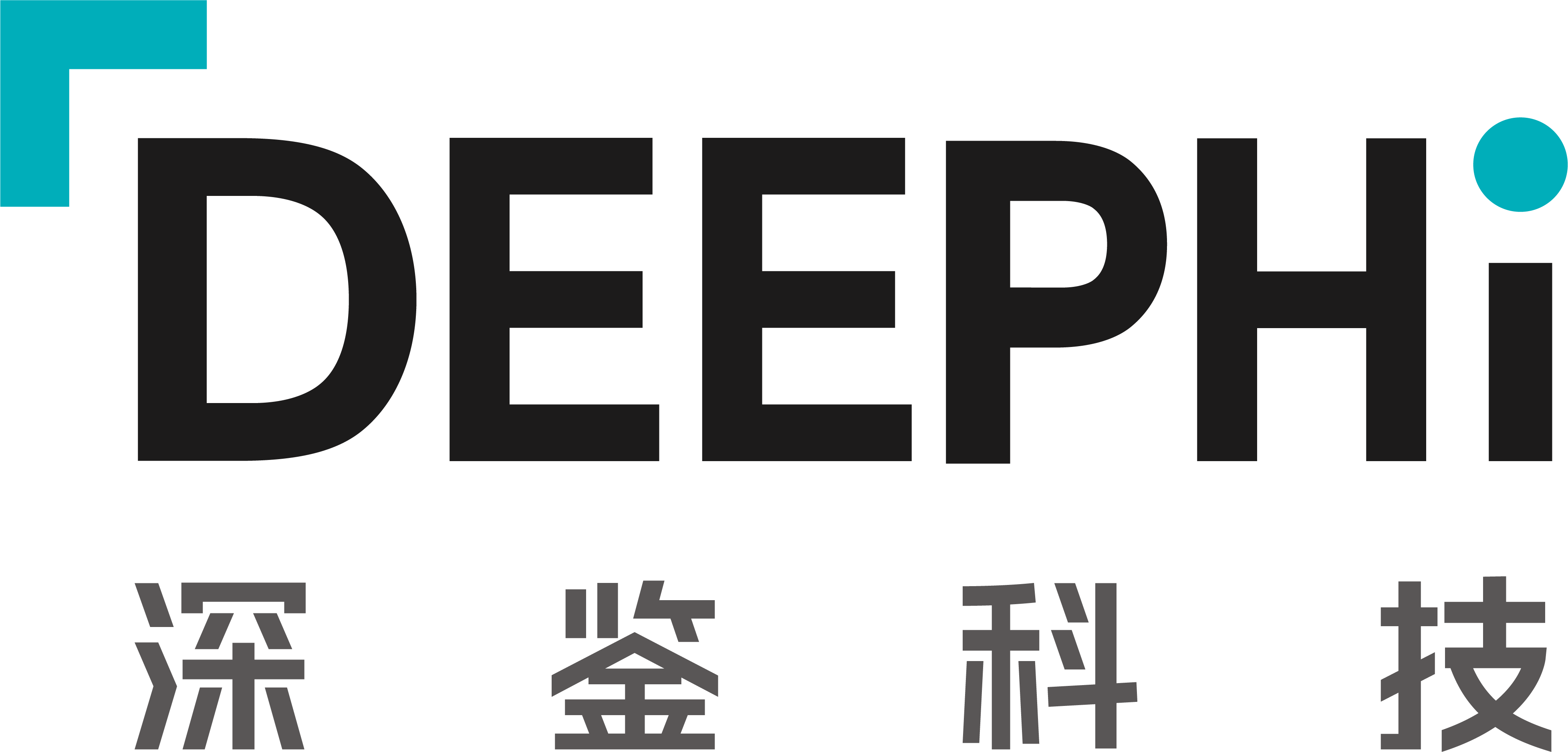

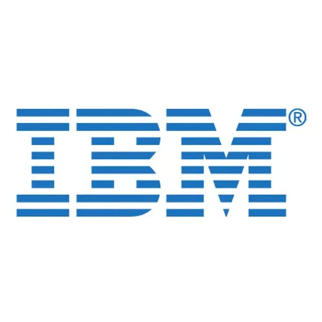


![]()



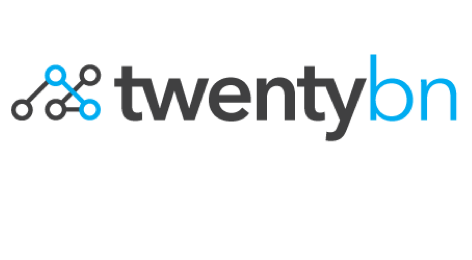 .
. ![]()

 .
. 



Past Speakers (2018)
Kang Lee
Kang Lee, PhD, Professor, OISE, University of Toronto, Tier 1 Canada Research Chair in Developmental Neuroscience, and Senior Scientist at the Department of Psychology, University of California, San Diego. He is a co-inventor of the Transdermal Optical Imaging technology that uses a conventional digital video camera and deep machine learning to noninvasively image blood flows under the facial skin to reveal invisible psychological and physiological activities. He is a co-founder and Chief Science Officer of Nuralogix.
Hongqiang Zhao
Hongqiang (Hong) Zhao is the Chief Financial Officer (“CFO”) of BaiRong Financial Information Services Co. Ltd. since December 2015. Prior to joining BaiRong, Mr. Zhao had been the CFO of NetEase e-Commerce Business and the VP of Finance at SouFun Holdings Limited. Previously, Mr. Zhao worked in New York as the director of financial analysis for Viacom Inc.. Between February 2009 and July 2011, Mr. Zhao served as an assistant chief auditor at the PCAOB, a regulatory oversight agency under the US SEC. Prior to that, Mr. Zhao had been a manager at KPMG LLP in the Washington D.C. since August 2000. Mr. Zhao holds a master’s degree in accountancy from George Washington University and a bachelor’s degree in accounting from Tsinghua University.
Charles Ling
Charles Ling is a Tenured Full Professor in the Department of Computer Science, and Science Distinguished Research Professor, at University of Western Ontario. He is a Fellow of Canadian Academy of Engineering. He obtained his Msc and PhD from University of Pennsylvania. He has published over 160 research papers in machine learning, many in top-tier journals and international conferences, with over 6,500 citations by Google Scholars. He is Founder and CEO of GoHealthNow, which creates a platform for diabetes care using data analytics and AI. He is the Editor In Chief of CMC (Computers, Materials & Continua), an SCI Journal, and he is/was Associated Editor of IEEE TKDE, ACM TIST, and so on.
Song Han
Assistant Professor in MIT, PhD from Stanford, Cofounder of DeePhi Tech. Specializing in energy-efficient deep learning. Proposed ”Deep Compression“ that widely impacted the industry. His efforts in model compression and hardware acceleration received the Best Paper Award at ICLR’16 and the Best Paper Award at FPGA’17.
Jimoh Ovbiagele
Jimoh Ovbiagele is the Chief Technology Officer and Co-founder of ROSS Intelligence. Before ROSS, Jimoh worked on developing technology to enable autonomous vehicles and software that can understand human language. This work led Jimoh to his initial idea for ROSS. Jimoh speaks around the world and provides commentary in The New York Times, Wired, Forbes, TechCrunch, and the Financial Times about artificial intelligence and technological innovation. A member of both the Forbes 30 Under 30 and the American Bar Association’s list of Legal Rebels, Jimoh is recognized among the top innovators in technology today.
Narbe Alexandrian
In his role as Senior Associate at OMERS Ventures, Narbe Alexandrian is responsible for researching and executing investment opportunities in the Technology, Media and Telecommunications (TMT) sector.
Narbe has taught courses in technology entrepreneurship at the Schulich School of Business, and has also been an instructor for the Canadian Institute of Chartered Professional Accountants. Narbe is a Chartered Accountant (CA) and Chartered Professional Accountant (CPA), and has a BBA from the Schulich School of Business.
Amit Deshwar
Research scientist at Deep Genomics; PhD in University of Toronto; Vanier Scholar and former Junior Fellow at Massey College; Previously worked at Google; started two companies and obtained undergraduate degrees in Software Engineering and Psychology
Nicholas Frosst
Nick Frosst is a research engineer working under Geoffrey Hinton in Google Brain Toronto. He is the 2nd author of the paper “Dynamic Routing Between Capsules”. He holds an undergraduate degree in Computer Science and Cognitive Science from U of T. During his time there he worked in computational vision with John Tsotsos at his York University lab and in the cognitive science department with John Vervaeke. He currently lives in Toronto and plays in GOOD KID, an indie rock band.
Roland Memisevic
Roland Memisevic received the PhD in Computer Science from the University of Toronto in 2008 doing research on neural networks. He subsequently held positions as a research scientist at PNYLab, Princeton, as a post-doc at the University of Toronto and at ETH Zurich, and as junior professor at the University of Frankfurt. In 2012 he joined the MILA deep learning group at the University of Montreal as an assistant professor. Since 2016 he has been Chief Scientist at the Canadian-German AI startup Twenty Billion Neurons, which he co-founded in 2015. Roland was named Fellow of the Canadian Institute for Advanced Research (CIFAR) in 2015. His research interests are in deep and recurrent neural networks, in particular, as applied to video understanding.
Jackie Cheung
Dr. Cheung is an Assistant Professor at McGill University’s School of Computer Science. He obtained his PhD from the University of Toronto and joined McGill in 2015, where he co-directs the Reasoning and Learning Lab. His research group focuses on natural language processing (NLP), an area of artificial intelligence in which computational models of human languages such as English or French are built. The goal of this research is to develop computational methods for understanding text, in order to generate language that is fluent and appropriate in context. In the lab, they investigate statistical machine learning techniques for analyzing and making predictions about language. Several current projects include common sense reasoning, automatic text summarization, and adapting language across genres. Dr. Cheung is affiliated with the Montreal Institute for Learning Algorithms (MILA), and is an Academic Advisor to Borealis AI.
Stephen Mackinnon
Stephen received his PhD in Biochemistry from the University of Toronto, using structural bioinformatics to study systemic trends in protein structures to reveal new mechanistic insights. At Cyclica, he designed and led the development of computational proteome screening technologies. Stephen now oversees the prototype stages of new scientific computing solutions and partnered research projects using predictive informatics.
Minglie Huang
Associate Professor in Tsinghua University; Tsinghua Excellent Researcher Fellowship 2006; Area Chair for ACL2016, EMNLP 2014, EMNLP 2011, IJCNLP 2017: Reviewrs for ACL, IJCAL, AAAI, EACL, COLING, EMNLP, NAACL,CIKM, ICDM, SDM; Reviewers for journals such as TOIS, TKDE, TALIP, etc.
Yu Wang
Tenured Associate Professor and Assiatite Dean in Tsinghua University; Cofounder of Deephi Tech, providing one of the best deep learning chips and platforms; Co-Editor-in-Chief for ACM SIGDA E-News; ACM Distinguished Speaker; Associate Editor for IEEE Transactions on CAD; IEEE Transactions on Circuits and Systems for Video Technology (TCSVT); Special Issue Editor for Microelectronics Journal; Best Paper Award in FPGA 2017, NVMSA 2017, ISVLSI 2012
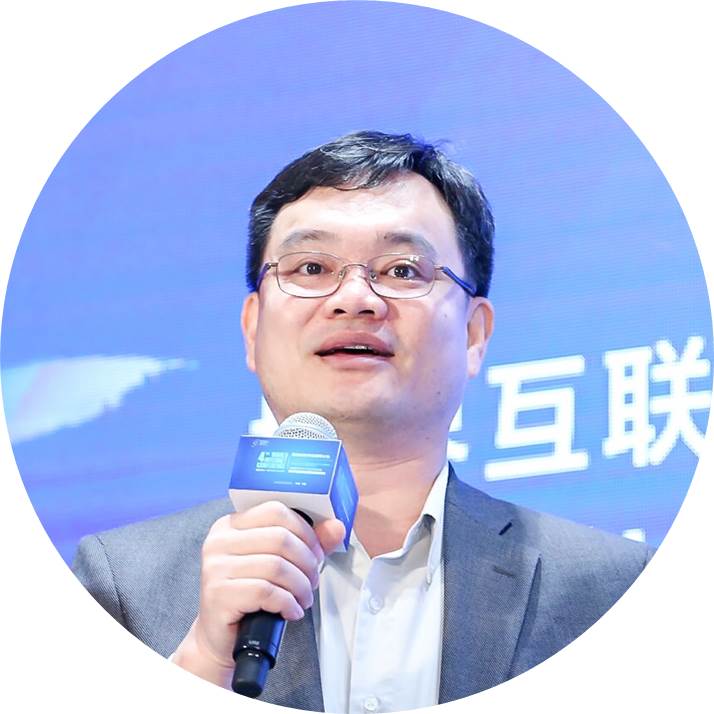
Don Qiu
Don Qiu, Director for Cases Studies of the Institute of Data Science at Tsinghua University, Director of Tsingdata D-Lab Innovation Center, Council Member of China Society for the Promotion of Science and Technology Commercialization, Standing Vice Secretary-General of Tsingdata Big Data Industry Alliance. Don Qiu worked as Head of Nokia’s Global Corporate Development, Director of Strategic Development of AMD Greater China and Director of Motorola’s mobile products. Prior to returning to China in 2004, Don had worked at ATI, leading Chip Production Management and Asia Pacific Market. Don graduated from Fudan University in China, National University of Singapore, and Ivey Business School in Canada.
Rick Valenzano
Rick Valenzano is an Applied Research Scientist at Element AI. Previously, he was a postdoctoral fellow at the University of Toronto, after having completed his PhD at the University of Alberta. His research focuses on furthering our understanding of sequential decision making algorithms, particularly as used in the development of automated planning, heuristic search, and reinforcement learning systems. This includes leading the development of the ArvandHerd planning system which has twice won the multi-core track of the largest competition for automated planning systems: the International Planning Competition. He is also interested in graph theory and game-playing agents.
Yang Xu
Assistant Professor in University of Toronto; BA/MEng from University of Cambridge; PhD in machine learning from Carnegie Mellon University; Specializing in natural language processing and cognitive science.
Tahseen Shabab
Tahseen has many years of cybersecurity consulting experience at the firms like IBM, RBC, Cisco, Government of Canada and more.He was also the lead developer of an Application Security Tool, IBM AppScan, which remains top 3 by Gartner today. Currently, Tahseen is the Founder Bibu Labs – A Cybersecurity Analytics startup leveraging AI algorithms to pinpoint obscure attacks while lowering false positives.
Lei Xin
Lei Xin is the CTO of Bioinformatics Solutions Inc. Over the past 10 years, Lei dedicated to designing and implementing the algorithms of mass spectrometry data analysis for proteomics research. Lei improved the PEAKS denovo sequencing algorithm which now is still the golden standard of the industry. Lei also designed and implemented the PEAKS DB search engine which is one of top 3 search engines for proteomics research. Lei holds a bachelor’s degree in computational mathematics from Peking University and a Ph.D in bioinformatics from Western University. He now oversees the innovation project which use deep learning technology to analyse mass spectrometry data in BSI.
Vincent Chio
Vincent Chio is a senior data scientist at Shopify where he led his team in applying machine learning to build marketing intelligence to grow merchants’ business. Vincent received his Master of Information and Data Science from UC Berkeley.
Greta Cutulenco
Greta Cutulenco is the CEO and co-founder of Acerta Analytics Solutions. She has years of experience working with automotive OEMs and Tier-1 manufacturers, having worked at Bombardier and at Magna in the area of system testing, health monitoring, and analysis, and at AECL (nuclear) on testing processes and security vulnerability analysis. Her M.Sc research at the University of Waterloo focused on automatic analysis of data for testing and anomaly detection.
Anthony Niblett
Anthony Niblett is a co-founder of Blue J Legal and holds the Canada Research Chair in Law, Economics & Innovation at the Faculty of Law at the University of Toronto. Professor Niblett conducts research on big data, law and economics, contract law, and judicial behaviour. His research has appeared in many leading academic journals, including the International Review of Law & Economics, the Journal of Legal Studies, and the European Journal of Law and Economics. His research has been funded by the Connaught Fund and the Social Sciences and Humanities Research Council. Before joining the University of Toronto in 2011, Professor Niblett was a Bigelow Fellow and Lecturer-in-Law at the University of Chicago Law School.
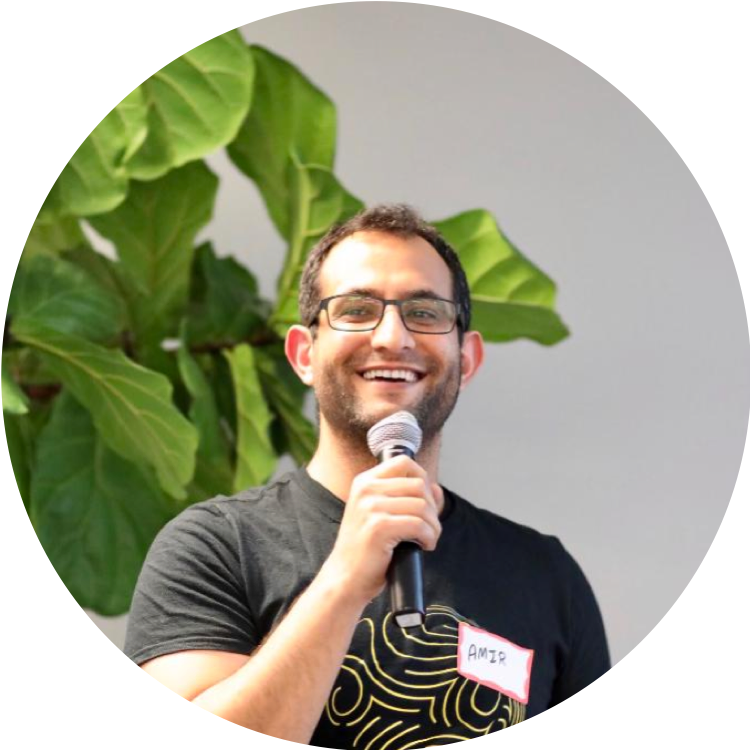
Amir Feizpour
Amir Feizpour is a Senior Manager at the Enterprise Data Science team at Royal Bank of Canada. He is also a Scientific Advisor at SEMA Lab. At RBC, Amir manages a small team with a focus on enabling internal clients with data science tools and practices. Prior to this, he held a post-doctoral position at University of Oxford conducting research on experimental quantum computing. Amir holds a PhD in Physics from University of Toronto.
2018 FORUM SCHEDULE

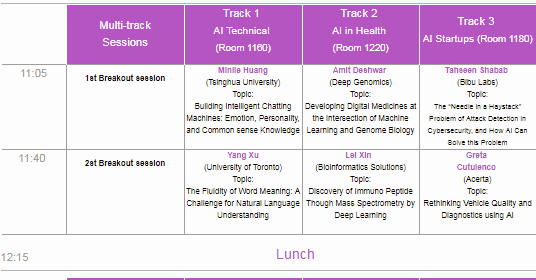
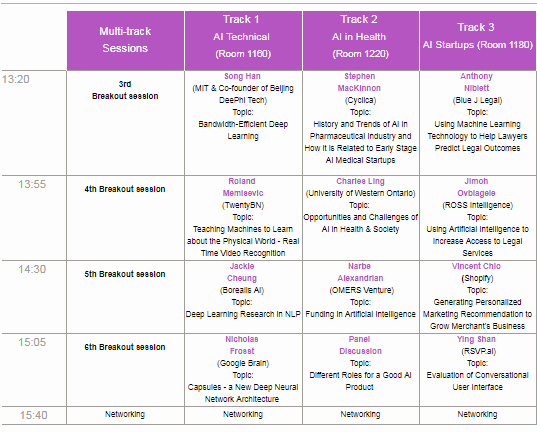
This event is jointly organized by the below organizations:

Established in 1972, Tsinghua Alumni Associa tion of Southern Ontario Canada (http://www.tsinghua-so.org) became an Ontario not-for-profit corporation on September 30, 2004. For the past 40 plus years, we aimed to carry forward the Tsinghua tradition of “Strengthen self without stopping, and hold world with virtue”. We have been focusing on providing the services to all the alumni in Southern Ontario area, both from Beijing and Hsinchu. We have over one thousand alumni in the area of Academia, Education, Biology, Mechanics, Electronics, Information Technology, Finance, Architecture, Real Estate Investment, etc.

ACSIP (Association of Chinese Senior IT Professionals, http://www.acsip.org) was founded inToronto in 2006 by a group of pioneering Chinese IT entrepreneurs and professionals. They hoped to encourage individual career and business development by building a community that facilitates information exchange among those senior IT professionals.
The mission of ACSIP is to encourage and assist in Chinese IT professionals to advance in technical knowledge, personal career and business building through a trusted network among seasoned Chinese ITprofessionals. It is a dedicated forum that facilitates information exchange in IT or related fields in North America and Greater China.The ACSIP is committed to promoting leadership and entrepreneurship through our events and member services.



